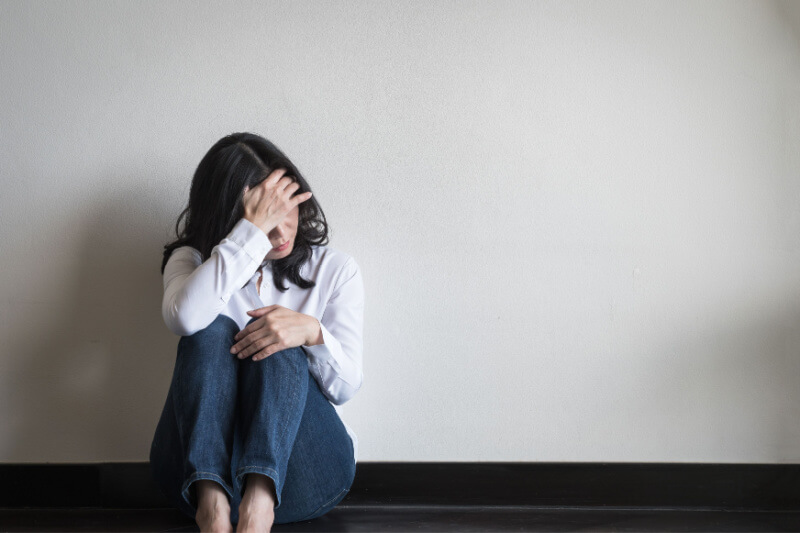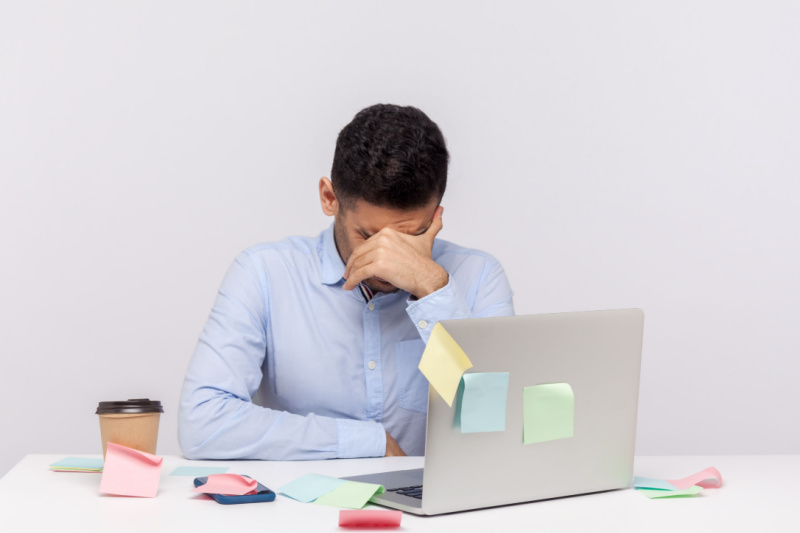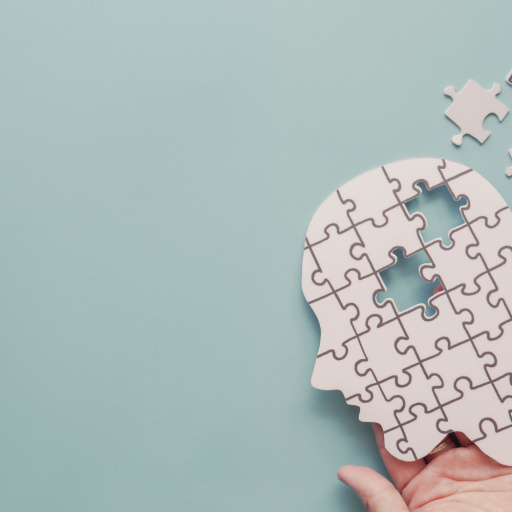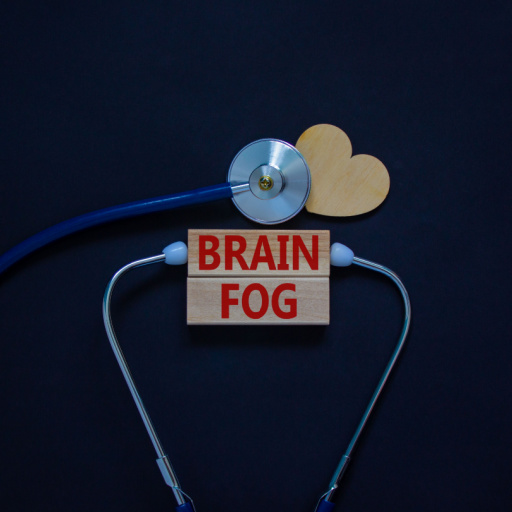In our everyday hubbub and flurry of activities, we tend to put our mental health on the back burner. With constant stress, job burnout is at an all-time high.
What is mental health?

Mental health is a state of mental well-being which includes the emotional, psychological, and social mindset. It influences our cognitive responses, perception, and behavior. It establishes how individuals handle stress, relationships, and decision-making.
What is a mental health day?

Mental health days are different from sick leaves. They are simply some time away from anything work-related, and you can use this time to rejuvenate yourself or engage in self-care. Dedicate this time to partake in activities that interest you. This time and space can recharge your mental batteries and help you avoid stress-related health issues that hinder productivity and happiness in your job.
Signs you need a mental health day
You can take a mental health day to relax and cope with daily stressors. An unstructured day, free from bottleneck deadlines to meet or targets to achieve, can give you a much-needed break from your usual hectic day, which can also trigger other mental health issues.
If you are wondering when to take a mental health day, here is a list of signs that indicate you need to take a day off to prioritize your mental health:
- Feeling tired and run down: Overworking and stress can burn you out, leaving you exhausted and run down.
- Constant demotivation refers to a continuous feeling of procrastinating work and even for things you particularly enjoy.
- Getting sick often: The mind and body are intertwined and impact each other. For example, prolonged periods of stress can affect your immune system. While we experience physical exertion in our day-to-day lives, emotional and mental exertion can often go unnoticed. If you fall sick often, it might be time to step back.
- Chronic stress: It can increase the risk of diabetes, lead to plaque build-up, cause heart diseases, release histamine, and as a result, trigger allergies and asthmatic reactions, and ulcers.
- Struggling to focus: When your mind is on overdrive, you feel like you are a languishing cog on a corporate hamster wheel. This can give rise to chronic stress, contributing to several chronic health problems, including cardiovascular complications, musculoskeletal conditions, or psychological issues.
- Lack of sleep and poor nutrition are the most obvious yet neglected signs indicating it is time to take a mental health break. Insomnia can also lead to stress.
- Getting angry quickly: If you lose your calm and temper over seemingly simple things, take a day off to relax so that you don’t end up damaging your personal or professional relationships.
- Pursue unhealthy habits: Many individuals turn to unhealthy stress-eating habits when stressed. While some overeat their comfort food, which can potentially lead to obesity, diabetes, or cholesterol, others may skip entire meals, which can weaken your immune system. People also fall into the unhealthy habit of smoking and consuming alcohol to relieve stress, which is detrimental to the body.
- A feeling of anxiety and dreadfulness about going to work also indicates taking time away from the office. A disconnection from your co-workers, friends, or family also accompanies it.
How to overcome stress?
Here is a list of ways in which you can improve your mental health:
- When there is too much on your plate, ask for help.
- Set realistic goals for yourself, and don’t overcommit, as it can overwhelm you.
- Get 7-8 hours of adequate sleep to recharge and refuel yourself. It can improve your mood and boost productivity.
- Journaling is an excellent way to vent your feelings rather than taking them out on people.
- Indulge in creative activities that can help you clear your mind. These activities include painting, traveling, gardening, listening to music, or writing.
- Clean your home to create a soothing environment to help clear your mind. Let in natural light or bask in the sunlight. Cleaning is therapeutic, as it can help declutter your mind and house.
- Enjoy the outdoors, as it can be natural medicine for your body. For example, taking short walks, jogging or running, or walking your dog around the neighborhood can alleviate stress or anxiety.
- Exercise early in the morning for a productive start to the day.
- Practice yoga or mindfulness meditation to calm your thoughts and actions.
- Consume nutritious, healthy, balanced meals rich in proteins, vitamins, and minerals.
- Refrain from smoking tobacco or consuming alcohol.
Stay active in the Activ Living Community to find more details on lifestyle and fitness.





 1800-270-7000
1800-270-7000









